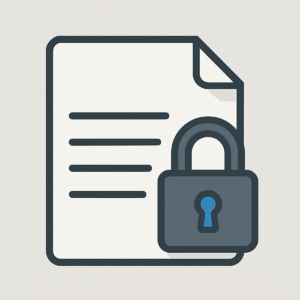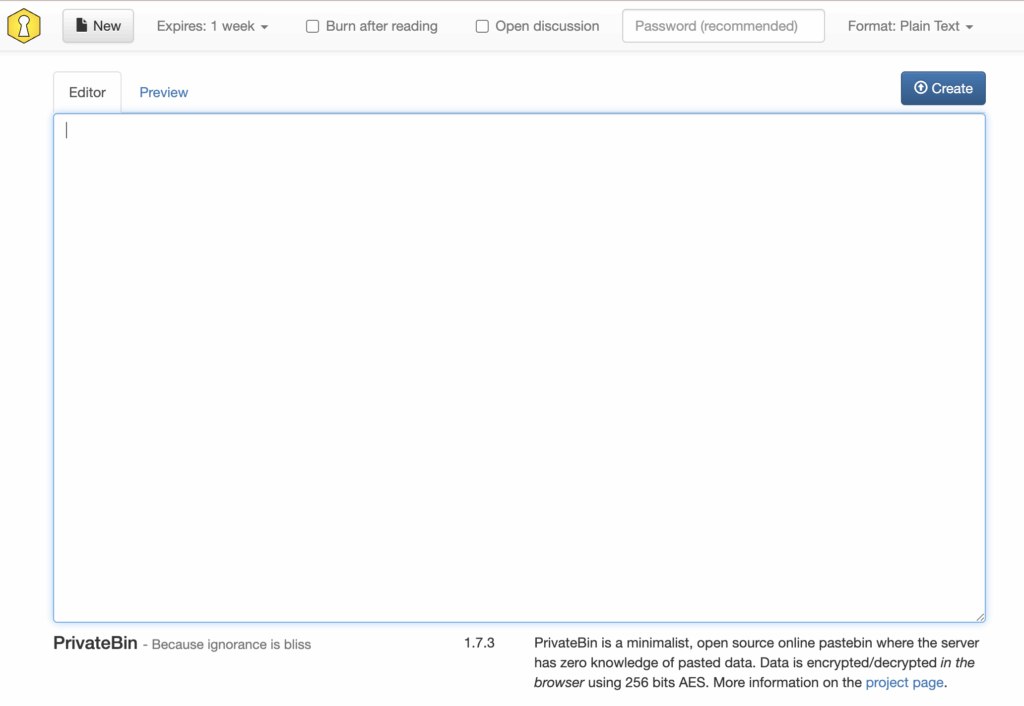 If you’ve ever relied on public pastebin services to share code snippets, logs, or sensitive configurations, you’ve probably worried about privacy and longevity. Public pastebins can delete content at any time, expose data to unwanted eyes, or fail to give you fine-grained control over who sees what. And what if they get hacked? Even if you’re anonymous, logs and other data could possibly trace things back to you. And if you’re stored anything sensitive there, they could be exposed.
If you’ve ever relied on public pastebin services to share code snippets, logs, or sensitive configurations, you’ve probably worried about privacy and longevity. Public pastebins can delete content at any time, expose data to unwanted eyes, or fail to give you fine-grained control over who sees what. And what if they get hacked? Even if you’re anonymous, logs and other data could possibly trace things back to you. And if you’re stored anything sensitive there, they could be exposed.
The good news is that you can easily set up your own self-hosted Pastebin. That’s the LowEnd DIY way!
Advantages of Your Own Self-Hosted Pastebin
Security & Privacy: Your data stays in your environment, not a third-party service.
Customization: Add custom themes, logos, etc.
Longevity: Decide how long pastes live and what happens when they expire.
Integration: Tie it into internal systems, like issue trackers, or use it for logging and debugging. You control the backend so it’s easy to script things.
Choose a Self-Hosted Pastebin Project
There are several open-source pastebin projects available. A few popular ones include PrivateBin, Hastebin, and Pastey. For this guide, we’ll use PrivateBin because it only requires PHP and a web server.
Don’t feel like running your own server but still want your own PasteBin? Check out PikaPods where you can run a PrivateBin for only $1.20/month.
Step-by-Step Setup
Get a Low-Cost VPS
A basic VPS from providers featured on LowEndBox is more than enough. In this example I’ll use a spare 1GB/1 core VPS I have. You don’t need to dedicate an entire VPS to this, of course. I’ll use Debian 12 and my site is paste.lowend.party.
Install Dependencies
apt update && apt install -y nginx php-fpm unzipDownload and Configure PrivateBin
cd /var/www
wget https://github.com/PrivateBin/PrivateBin/archive/refs/tags/1.7.3.zip -O privatebin.zip
unzip privatebin.zip
mv PrivateBin-1.7.3 privatebin
chown -R www-data:www-data privatebinSet Up Nginx
Create a new site config in /etc/nginx/sites-available/paste.lowend.party:
server {
listen 80;
server_name paste.lowend.party;
root /var/www/privatebin;
index index.php;
location / {
try_files $uri /index.php;
}
location ~ \.php$ {
include snippets/fastcgi-php.conf;
fastcgi_pass unix:/var/run/php/php8.2-fpm.sock;
}
}Enable the site and reload:
ln -s /etc/nginx/sites-available/paste.lowend.party /etc/nginx/sites-enabled/
systemctl restart nginxSecure with SSL
Use Let’s Encrypt for free HTTPS:
apt install certbot python3-certbot-nginx
certbot --nginx -d paste.lowend.partySuccess!
Here’s what it looks like:

If you look at the top, you can see some of PrivateBin’s cool features:
Password-Protect Pastes: PrivateBin supports optional passwords.
Expire Pastes: Configure default expiration times in cfg/conf.php.
Burn After Reading: SnapChat for your pastes
- Formats: supports plain text, source code, and Markdown























Leave a Reply